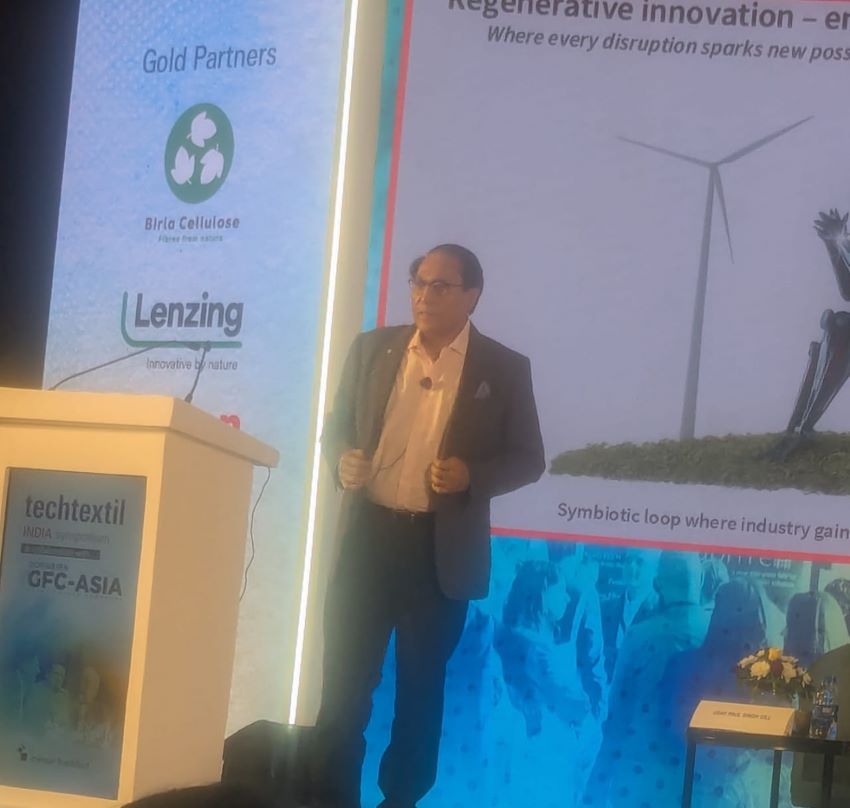The Federation of Indian Art Silk Weaving Industry (FIASWI) has expressed concern for power loom weavers in the country because of huge escalation of cost in fabrics , increase in job losses and import of fabrics due to non-refund of accumulated tax credit under GST.
FIASWI decried the fact that the Central government was earning Rs 10,000 crore in taxes from yarn spinners pre-GST and post-GST, the estimated revenue has doubled to Rs 20,000 crore. It is only the man-made fibre (MMF) sector which is losing out on huge part of its capital following non-refund of accumulated input tax credit.
FIASWI chairman Bharat Gandhi was unhappy with the injustice, “We are demanding natural justice for MMF sector. All other sectors are getting input tax credit refund, except for MMF sector. The GST on yarn is at 12 per cent and that the fabric attracts 5 per cent, leaving out 7 per cent accumulated tax credit for power loom weavers. There is an estimated capital loss of Rs 7,000 per annum to power loom weavers alone.”
Gandhi is of the view the textile industry is worried that costs may escalate by around three to five per cent, which could further impact capacity utilisation. The percentage share in cost escalation is proportionate to the range of accumulation of input tax credit on sale value, especially for sectors like power loom, handloom and processing. The first ever ‘baseline survey of power loom sector’ conducted by AC Neilsen and ORG MARG for the Ministry of Textiles in 2014 recorded that Surat was the biggest centre for man-made fabrics. The survey found there were a total of 4,88,649 power looms in Gujarat with Surat having the maximum number of 4,70,496. There were only 14,364 shuttleless looms in Surat.
The annual polyester yarn consumption by power loom units in Surat was set at 40,610 lakh kg and annual fabric production at 91,871 lakh metres. The total fabric production in Gujarat was at 97,206 lakh metres, the survey revealed.
The FIASWI is holding its annual general meeting (AGM) in the city on January 6, where representatives from textile sectors from centres including Maharashtra, Salem, Tamil Nadu, Karnataka, Mumbai and Surat will remain present. The agenda in the AGM will be issues faced by the textile sector under GST.












